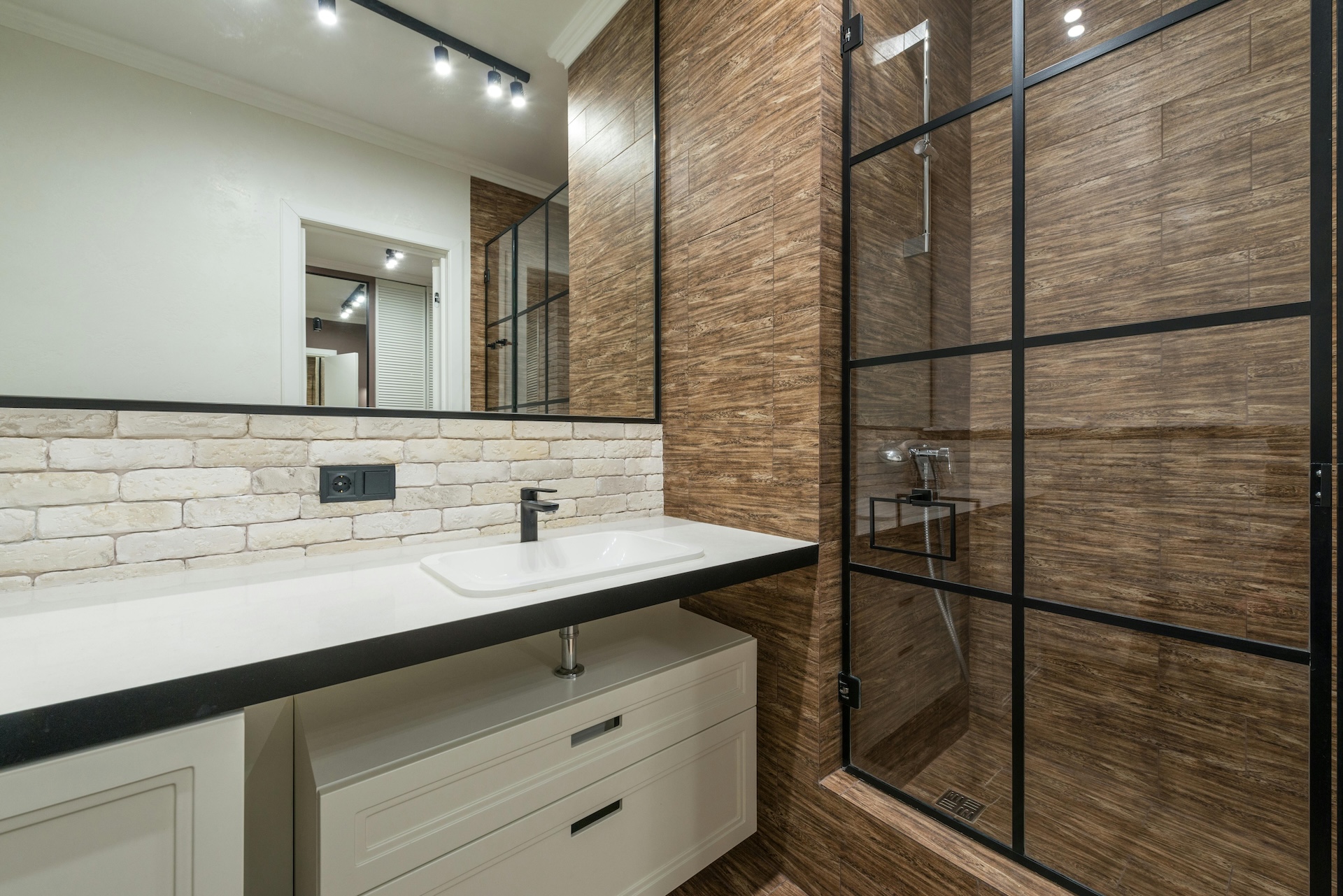
Understanding Hard Water: How It Affects Your Plumbing System Sep 14, 2025
First, let's break down the basics. Hard water is water that contains high levels of minerals, primarily calcium and magnesium. These minerals are naturally occurring and usually found in groundwater that percolates through limestone and chalk deposits. While these minerals aren’t harmful to health, they can wreak havoc on your plumbing system over time.
One of the most noticeable effects of hard water is the buildup of limescale in pipes and appliances. This chalky deposit can significantly reduce the efficiency of your plumbing. Over time, limescale buildup narrows the internal diameter of pipes, which can lead to reduced water pressure. You might also find that appliances like dishwashers and washing machines don’t perform as well as they should, leading to increased energy bills and potentially costly repairs.
Moreover, hard water can also affect your home appliances by shortening their lifespan. The continual buildup of limescale inside water heaters, for instance, can insulate the heating elements. This forces the appliance to work harder to heat water, which not only increases energy consumption but can also lead to the premature failure of the water heater itself.
The kitchen and bathroom fixtures aren’t spared either. Hard water leaves behind unsightly deposits on faucets, showerheads, and sinks. These spots and stains can be tough to clean, and they often leave fixtures looking older than they actually are. If your dishes and glasses come out of the dishwasher spotted and cloudy, hard water is likely the cause.
Now that we understand the impact of hard water, what can you do about it? The most effective solution is to install a water softener system. This system works by exchanging calcium and magnesium ions in the water with sodium or potassium ions, effectively reducing the hardness. Not only does this protect your plumbing system, but it also improves the effectiveness of soaps and detergents, makes cleaning easier, and helps keep your appliances running efficiently.
Another option is regular plumbing maintenance. By having your plumbing system inspected by professionals like Straight Plumbing & Heating, potential issues caused by hard water can be identified and addressed before they lead to major repairs. This could include descaling treatments or pipe replacements, ensuring that your home’s plumbing remains in good condition.
In conclusion, while hard water is a common issue, especially in areas with mineral-rich terrain, understanding its effects and knowing how to address it can save you significant time and money. By investing in a reliable water softening solution and ensuring regular maintenance through services like those offered by Straight Plumbing & Heating, you can protect your plumbing system, extend the life of your appliances, and enjoy cleaner, healthier water in your home. Don’t let hard water take a toll on your plumbing—take action today for a smoother running home environment.
/filters:no_upscale()/media/2eeab31b-86b7-4626-8234-abb07f44f5ac.jpeg)
/filters:no_upscale()/filters:format(webp)/media/35255f02-e1cb-4f8b-bf15-c759067ca746.jpeg)